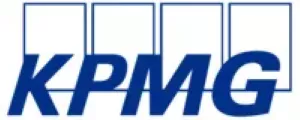On 11 May 2022, the European Commission issued a proposal for a Directive (the Directive) providing for a debt-equity bias reduction allowance (DEBRA) with the aim to create a level playing field for debt and equity, from a tax perspective, and to help companies build up a solid funding structure.
The proposal would apply to taxpayers that are subject to corporate income tax in an EU Member State and, subject to certain conditions, would provide for a deduction from the tax base of a taxpayer in respect of the increases in its equity in a given tax year. The Directive would further provide for specific anti-abuse measures to ensure that arrangements are not put in place to artificially benefit from the proposed new allowance on equity. In addition, the Directive would introduce a new limitation on interest deductibility, which would need to be applied alongside the interest limitation rules under the EU Anti-Tax Avoidance Directive (Council Directive (EU) 2016/1164 - ATAD).
Malta is one of the six EU Member States that has, since 2017, provided for an allowance on equity, referred to as 'Notional Interest Deduction' or 'NID'. Whilst the Commission proposes that the provisions of the Directive should apply as of 1 January 2024, it also proposes a deferment period to those Member States which currently already apply a tax allowance on equity funding under national law. Thus, one would have to see to what extent this deferment period could apply to Malta and the potential implications of DEBRA on the current NID framework. The position that Malta and the other EU Member States will take on DEBRA remains to be seen. Ultimately, the successful adoption of this proposal depends on unanimous approval in the Council.
For more details about this proposed Directive you may wish to refer to this EU Tax Flash prepared by KPMG's EU Tax Centre.
The content of this article is intended to provide a general guide to the subject matter. Specialist advice should be sought about your specific circumstances.

